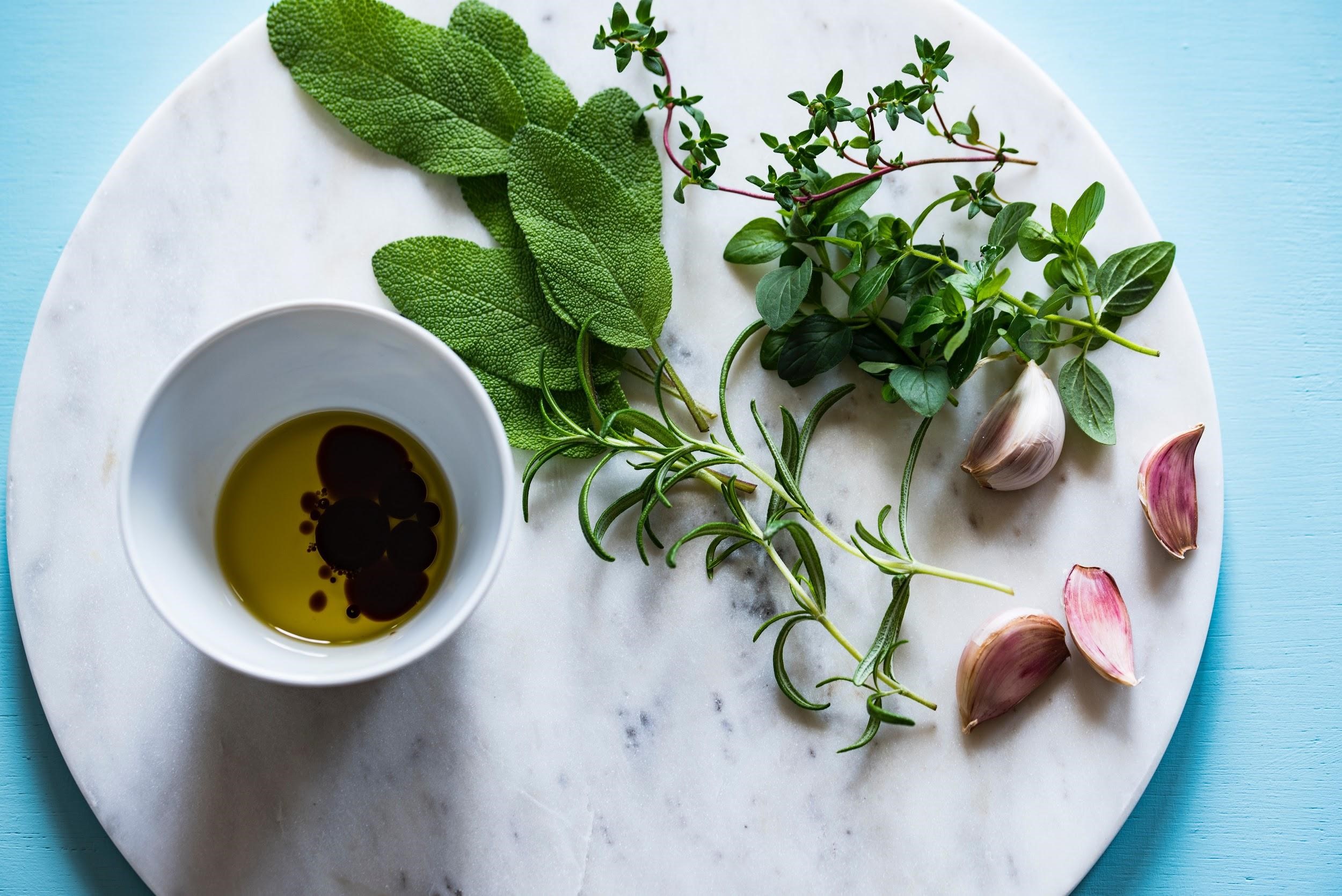As a doctor or personal wellness coach, this may be a tricky subject. As the word oil does often come with it a negative connotation. Yet many don’t realize that the right oils out there do exist; and if you educate your patients on where to find them, their cooking habits will be that much more enjoyable for them, which as we all know is crucial for healthy eating.
What You as the Doctor or Personal Wellness Coach Can Do to Advise Your Patients
Exercise is the foundation for weight loss, no doubt -- but a good balance would be a healthy and enriched cuisine. Cooking oils differ a lot in the type of fats provided, not to mention the smoke points and, of course, the Calories and such.
The thing is your patients may not even see it as an issue. You may not even get the question: “what cooking oils should I use?” Any regular person might think you drizzle a bit in a frying pan, and it won’t make much difference in terms of your Calorie intake (it, of course, does). So your key initiative is to educate them immediately.

There are some good cooking oils out there. And some bad ones (but not for the reasons you think).
Starting With Extra Virgin Olive Oil
Right off the bat, you can instantly let a patient know that this is arguably the best salad dressing. Hardly anything extra compared to something like Thousand Island or Ranch. More importantly, extra virgin olive oil is fantastic given its richness in non-inflammatory monounsaturated fat and polyphenols. However advise patients to never cook with the oil as the high heat can eliminate all those health benefits completely.
Palm and Coconut Oil
Give the goods on this one, as the common knowledge say this is much more popular than those other oils (which we’ll get to), but the fact is palm oils and coconut oils tend to be rich in saturated fat. It’s not that they’re super-bad for you -- they just need to be used in moderation. Because of the saturated fat, these oils tend to be way more heat resistant, but beware -- too much of this can cause some inflammation due to high levels of palmitic acid.
Arguably the Worst to Go With May Be Corn Oil

Or soy, or safflower, or even sunflower. Ask any personal wellness coach out there. Even as a doctor specializing in weight loss, you may know this: too much of this, and the heat oxidation can generate so many free radicals, detrimental not only to weight loss, but health in general.
So Then What Is the Safest Oil to Use? Avocado Oil.
Hands down. Just in case you’re a bit fuzzy on the essentials, here’s the breakdown of the benefits of avocado oil:
- Healthy Monounsaturated Fat
- High Smoke Point
- Decreased Risk of Heart Attack/Stroke
- Improvement With Arthritis
And even general weight loss sees a benefit from including avocado oil into your diet. The healthy fats have actually been proven to provide all those health benefits you see in the list. Thanks to the high smoke point, avocado oil serves quite well as a frying oil, allowing your patients to enjoy fried foods even more (but still within moderation).
Consistency and Routine Are the Keys
And, of course, cooking oils are only a small part of it -- but when it’s that consistent in someone’s diet, it may only be the small ripple creating big waves. As always, consult your patients effectively and encourage them to make a decision they’re confident in. You’re the support system. And these pieces of information will be your tools.

